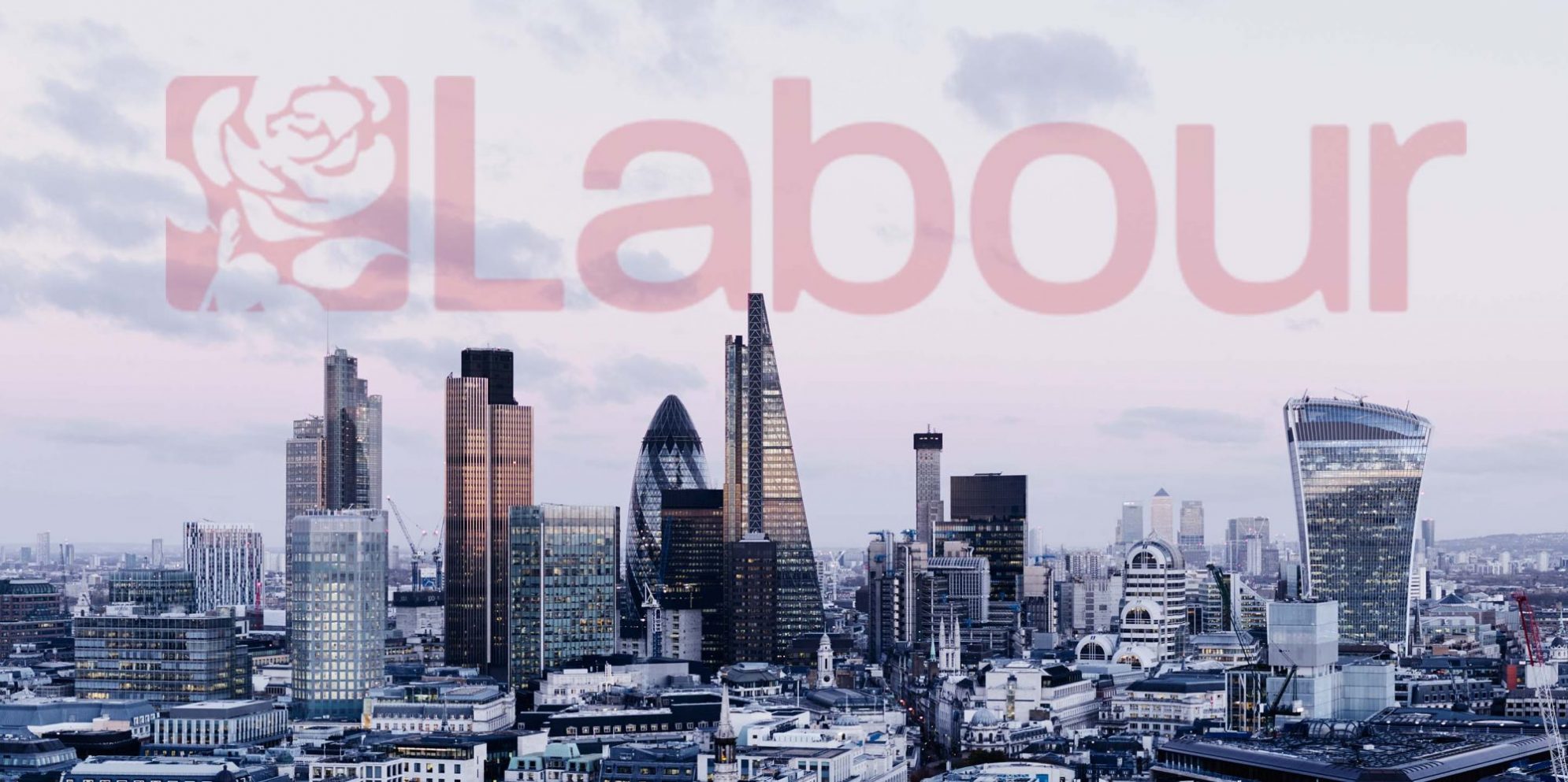
London: a Labour win is not a question of ‘if’, but ‘how much’
There was a time when a drubbing at the local elections may inspire leadership change or a serious reflection on party policy. London is becoming dominated by Labour, and Conservative Campaign Headquarters will be braced for a difficult night for the Tories. For Labour, meanwhile, an expectation of dominance means the watermark for success is high: underwhelming wins in existing strongholds, or a failure to take full control over target boroughs, may indicate that London’s mood is not currently as supportive of the party as recent trends suggest.
For both parties, the extent to which the London results on 3 May will meaningfully influence the national political debate is questionable. Only with results on the margins of what is expected – either very large Labour gains, or very effective Conservative defences of their seats – will we be able to draw any meaningful conclusions about the implications of the London results for the national picture. Meanwhile, the Liberal Democrats will be hopeful of capitalising on discontent about Labour’s Brexit policy, and the Greens will be looking to make further gains on a good 2017 performance by attracting voters who have lost faith in the mainstream parties.
The role of national news stories
London, particularly given its apparently ever-increasing discontent as the country moves closer to Brexit, is unlikely to be a happy hunting ground for the Tories. A Queen Mary University London poll, released on 26 April, showed that Labour enjoys the support of 51% of Londoners, 22 points ahead of the Conservative party.
This lead might have been even greater had Jeremy Corbyn not become embroiled in a series of difficult issues, which have led to a big drop in personal support ratings, which reached their peak during the 2017 general election’s short campaign, but have declined steadily since. Recently, there has been an accelerated decline in the polls, following accusations of anti-Semitism in the Labour party and, what some perceive to be, a soft approach to Russia following the attempted murder of Sergei and Julia Skripal.
The Conservatives have not helped themselves either. Seventy-five per cent of black and minority ethnic people across the UK are likely to vote Labour, with only 13% supporting the Conservatives. Given that London is home to the largest number of Afro-Caribbean Brits, ongoing news about the systemic mistreatment of the Windrush generation and their children is unlikely to shift this trend. Coupled with the government and local authority’s widely-scrutinised handling of the Grenfell Tower tragedy, there is a real possibility that Kensington and Chelsea, a blue borough since 1964, might be lost.
What success looks like
A successful night for Labour would begin there and sweep through Westminster and Wandsworth. If Labour can take these three historically Conservative councils, they will effectively control central London (with the exception of Tower Hamlets, its own microcosm of hyper-local politicking). There are likely to be gains elsewhere too; either further cementing Labour’s complete hold on boroughs such as Hackney, or reducing Conservative majorities in places like Barnet. The Liberal Democrat ‘fightback’ – often spoke of but rarely seen – may even materialise in Kingston upon Thames and Richmond.
For Labour, this would demonstrate a party going from strength-to-strength in the capital. The expectations are such that, if the Conservatives just manage to hold the three aforementioned councils, a generally successful night would seem a little disappointing. Even if the Tories survive in central London, we can expect their post-election briefings to focus on successes elsewhere in the country.
Implications for the government
While Zac Goldsmith, elected MP for Richmond Park by 45 votes, may look nervously at any Liberal Democrat gains in his local council, almost whatever happens in London on 3 May, the government is unlikely to be seriously affected by results in Labour.
The prime minister might suggest that the Conservative party revisits particular concerns, such as rising levels of crime in London, but, equally, may seek to place responsibility for London issues on the shoulders of the Labour mayor: securing the next London mayoralty in 2020 is a reasonable goal for the Tories so, during local elections half-way through Sadiq Khan’s tenure, now is an appropriate time to really capitalise on any narrative that plays into their agenda.
Theresa May’s cabinet is balanced on a knife-edge and Brexit remains the biggest national concern. These fundamentals will not be upended by what happens in London on 3 May. It is outside the capital where the battles are likely to be much more significant.
This article is an extract taken from Freshwater’s local election briefing.
